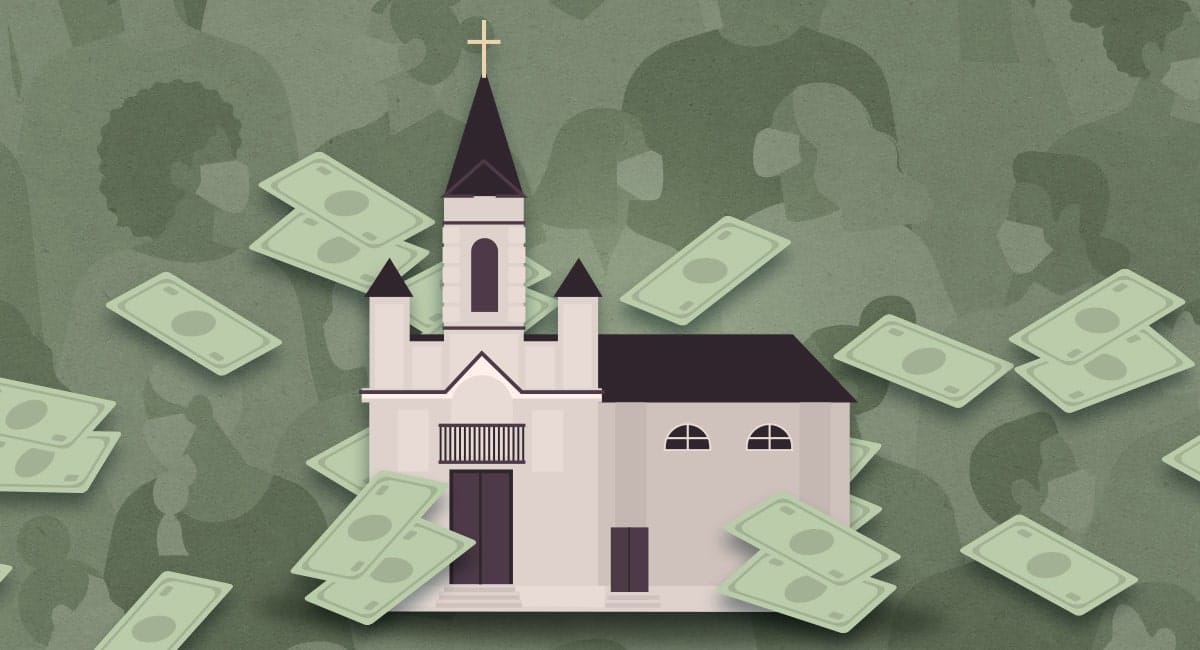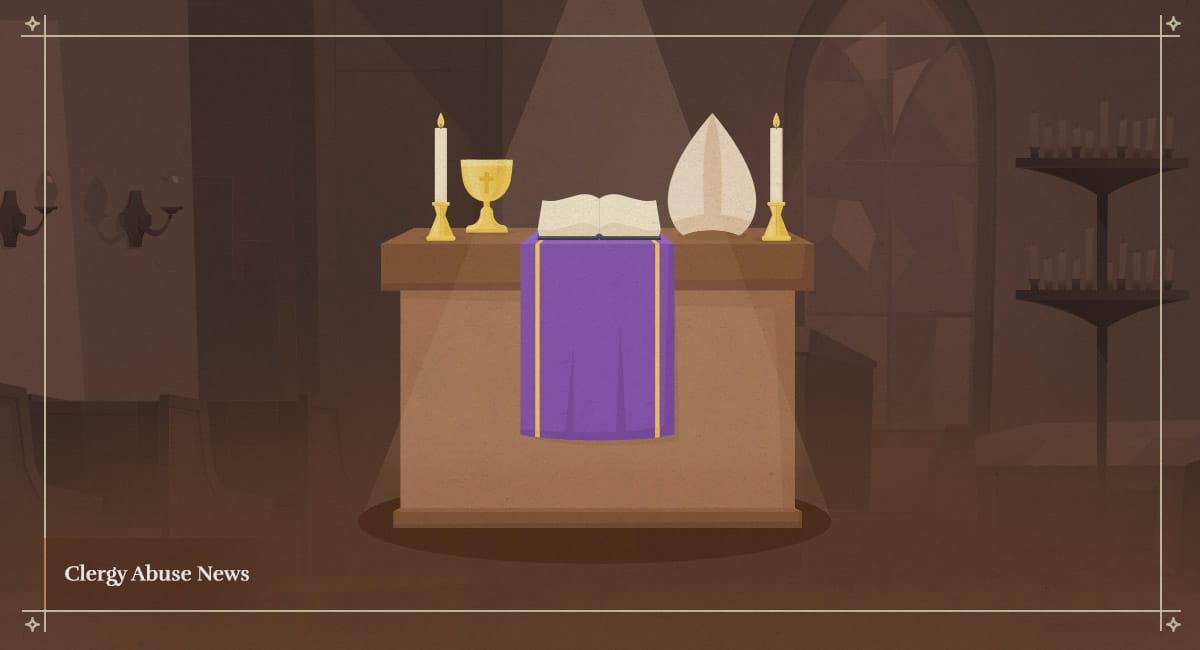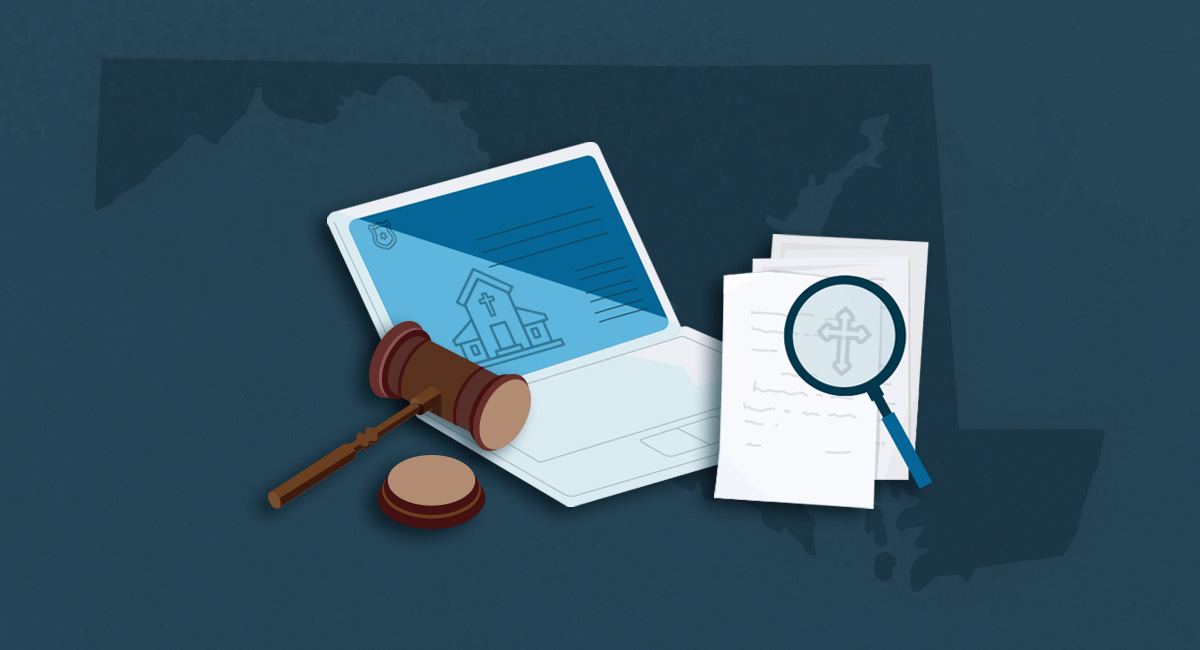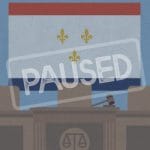Catholic Church Got $1.4B in Taxpayer-Funded Coronavirus Aid
The Catholic Church received $1.4 billion in taxpayer-funded COVID-19 relief aid. Some of this money was given to dioceses with a history of clergy abuse.

In the United States, as many as 13,000 Roman Catholic Churches applied for Paycheck Protection Program (PPP) loans. The church received at least $1.4 billion using a “special and unprecedented exemption” from federal rules. This money is a form of coronavirus aid backed by American taxpayers to help struggling small businesses.
Church officials estimate that 6,000 parishes received funding during the first round of the PPP. At least 3,000 parishes received loans during the second round. However, some of this relief is going to Catholic dioceses who are financially struggling amid clergy sex abuse lawsuits and settlements. At least $20 million were paid to dioceses struggling with clergy abuse scandals.
Religious Organizations Offered Relief Through PPP
The PPP is a taxpayer-backed loan program. It offers a direct incentive for small businesses to continue paying employees. The U.S. Small Business Administration (SBA) will forgive loans for organizations that meet specific criteria. Businesses that receive these loans must use the funds for eligible expenses.
When the legislation was drafted, only businesses with 500 or fewer employees were eligible to apply. Faith-based organizations, like the Catholic Church, do not generally receive money from the SBA. However, Congress made an exception for faith-based organizations and nonprofits when establishing the PPP.
Regardless of this initial exception, many religious organizations are too large to qualify for PPP loans. A second exception was made after religious groups lobbied the Trump administration.
This exception allowed religious organizations with more than 500 employees to submit PPP loan applications. Without this exception, many Catholic Churches and dioceses would not have received any form of PPP aid.
The Catholic Church Lobbies For Legislative Change
Church lobbying played a major role in changing the rules for PPP funding. Non-profit agencies and the U.S. Conference of Catholic Bishops worked to broaden program eligibility.
The effort came within days of the Trump administration signing the Coronavirus Aid, Relief, and Economic Security (CARES) Act. The CARES Act oversees the PPP.
According to federal documents, the Los Angeles Archdiocese paid $20,000 to lobby U.S. Senate and House members. Similarly, Catholic Charities USA, a social service branch of the church, offered $30,000 to lobby the issue.
These and other lobbying efforts paid off.
Catholic Charities USA received at least 110 loans with a value between $90 and $220 million. The Los Angeles Archdiocese also received a PPP loan. The Los Angeles diocese will not discuss the amount it received. However, the Associated Press found at least 37 loans paid to the diocese and its affiliates. The loans are worth up to $23 million.
A lack of transparency makes such information hard to come by. A spokesperson for the U.S. Conference of Catholic Bishops stated the organization lobbied for the PPP. However, it will not track which Catholic dioceses and entities receive relief money.
The Catholic Church’s Cut Of Aid Money
Although the Catholic Church received a documented $1.4 billion in PPP relief, news outlets estimate the number is closer to $3.5 billion. Roman Catholic dioceses, parishes, schools, and ministries have received approval for at least 3,500 loans.
One of the more substantial beneficiaries includes the Roman Catholic Dioceses of Arizona. It received at least $15.65 million in aid. Many survivors of priest abuse are not happy with this turn of events.
Why The Catholic Church Said It Needed Financial Aid
Faith-based organizations and small businesses alike are affected by shelter-in-place orders. However, long before COVID-19, the Catholic Church has struggled financially due to self-inflicted problems.
Catholic dioceses across the country have faced mounting financial pressures due to a rise in clergy sex abuse lawsuits.
Since the 1980s, more than 6,000 Catholic priests and clergy members have been accused of abuse. The Catholic Church has paid out more than $3 billion to settle these cases. Although the majority of the money went to victims, money also went to related legal fees and support for offending clergy members.
How Loans Can Reduce Sexual Abuse Debt
Relief money for the PPP comes from taxpayer dollars. This money was meant to help small business owners during an economic downturn. However, due to legal exceptions, the Catholic Church was able to secure loans.
Some of this aid money will support Catholic charities and the charitable work of Catholic dioceses in local communities. It will also pay employees who support these efforts.
However, some of this money will also support Catholic dioceses and organizations that concealed and perpetuated decades of sexual abuse.
For example, the Saint Luke Institute in Silver Spring, Maryland, received up to $1 million in loans. The institute is a care and treatment center that accommodated and “treated” many abusive clergy members.
Church Loans and Abuse Lawsuits
By design, the PPP loans can’t directly pay debt accrued from priest abuse lawsuits. However, these loans could help alleviate financial stress caused by large settlements and legal fees.
Victims and victim’s advocates question whether taxpayers should be responsible for the debt and financial hardships these dioceses face. Many of these dioceses had financial troubles before the global pandemic. When these troubles resulted from sexual abuse lawsuits, some people are left wondering if the PPP should offset such losses.
Sources
- 1
Baxter, E. (2020, July 21). Phoenix Sex Abuse Survivors Condemn Catholic Church PPP Loans. Phoenix New Times.
- 2
Capatides, C. (2020, May 8). More than 12,000 Catholic churches in the U.S. applied for PPP loans – and 9,000 got them. CBS News.
- 3
Dunklin, R., Rezendes, M. (2020, July 10). AP: Catholic Church lobbied for taxpayer funds, got $1.4B. The Associated Press.
- 4
Probasco, J. (2020, July 7). Paycheck Protection Program (PPP): What Is It and How to Apply. Investopedia.



